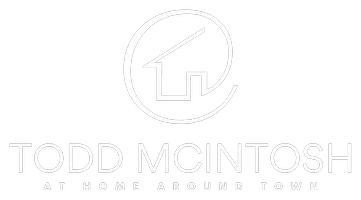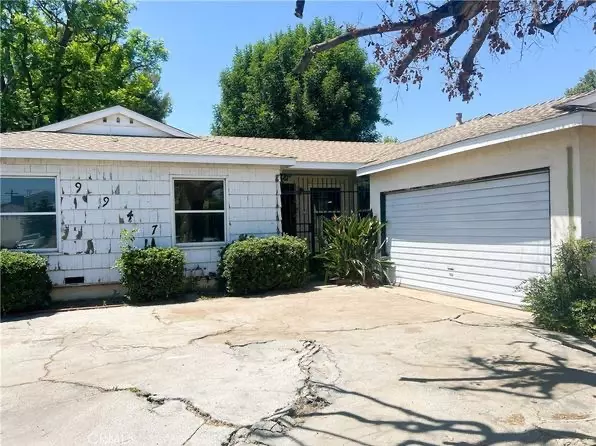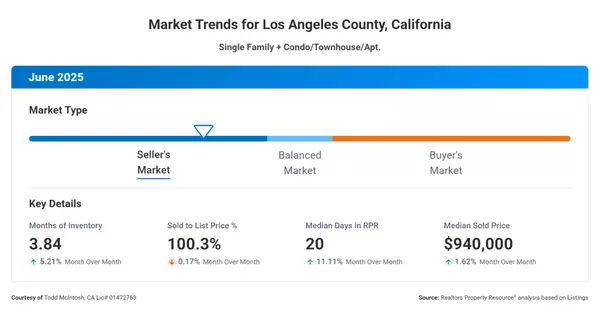Q & A
A friend recentlyasked if he should accept an offer from an investor, on his home that needs some repairs. This is a great question—and it’s one that comes up a lot, especially when a home needs repairs or has deferred maintenance. I made him a list of the pros and cons of selling to an investor vs.
How The Fed's Decision Affects Home Buyers and Sellers: LA Update
The Federal Reserve has just decided to keep interest rates unchanged for the fifth straight meeting, holding its benchmark rate in the range of 4.25% to 4.50%. So, what does this mean if you’re looking to buy or sell a home? For home buyers, mortgage rates remain stubbornly high—hovering around 6.5
Should You Buy a Vacation Home?
Some HighlightsNow that summer’s here, you may be planning your next getaway. But what if you didn’t have to? Buying a vacation home means having a built-in escape you can use year after year. It gives you the chance to generate rental income and have a go-to retirement destination in the future.If

Todd McIntosh
Phone:+1(310) 770-8626





